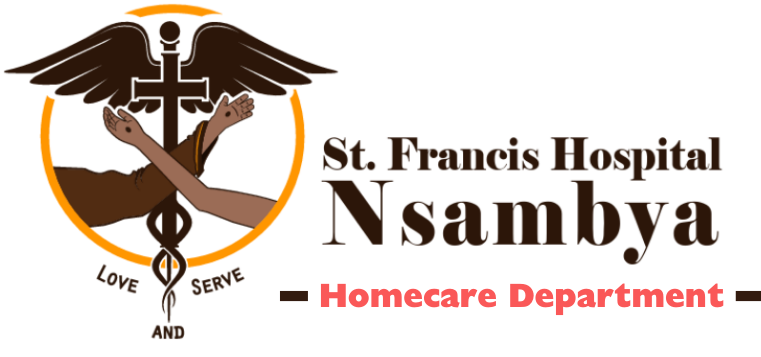Adaptation and validation of the STARx for Ugandan adolescents

Healthcare for young people living with HIV (YPLHIV) comes with unique challenges, particularly in resource-limited settings. A recent study has adapted the STARx tool for Ugandan youth aged 15–20, ensuring it is relevant and effective for the local context. Cognitive interviews with 10 participants helped refine the tool’s structure and content, making it more practical for use in Uganda.
Dr. Peter Kirabira, Program Coordinator of HIV Services and NCDs at Nsambya Home Hospital’s Homecare Department, emphasizes the significance of such initiatives:

Adapting tools like STARx to our local context ensures that young people living with HIV receive care that is both effective and culturally appropriate. It also strengthens our ability to integrate services for TB and non-communicable diseases, which are increasingly affecting our communities.
Dr Peter Kirabira
The STARx tool assists healthcare providers in assessing and addressing the specific needs of YPLHIV, including adherence to treatment, mental health, and social support. By tailoring it to the Ugandan context, healthcare teams can offer more targeted support, improving health outcomes and quality of life for these young people.


Nsambya Homecare’s approach highlights the importance of integrated care. Beyond HIV, the department also provides services for TB and NCDs, ensuring that patients receive holistic support at every stage. This integration not only strengthens clinical care but also enhances community education, research, and follow-up programs, creating a sustainable model of healthcare that meets both medical and social needs.
By adapting global tools to local realities, Nsambya Homecare demonstrates how context-specific solutions can make a real difference, empowering youth and communities to live healthier, more resilient lives.

Jenny Alexandra
Hi! beautiful people. I`m an authtor of this blog. Read our post - stay with us
Contact Us